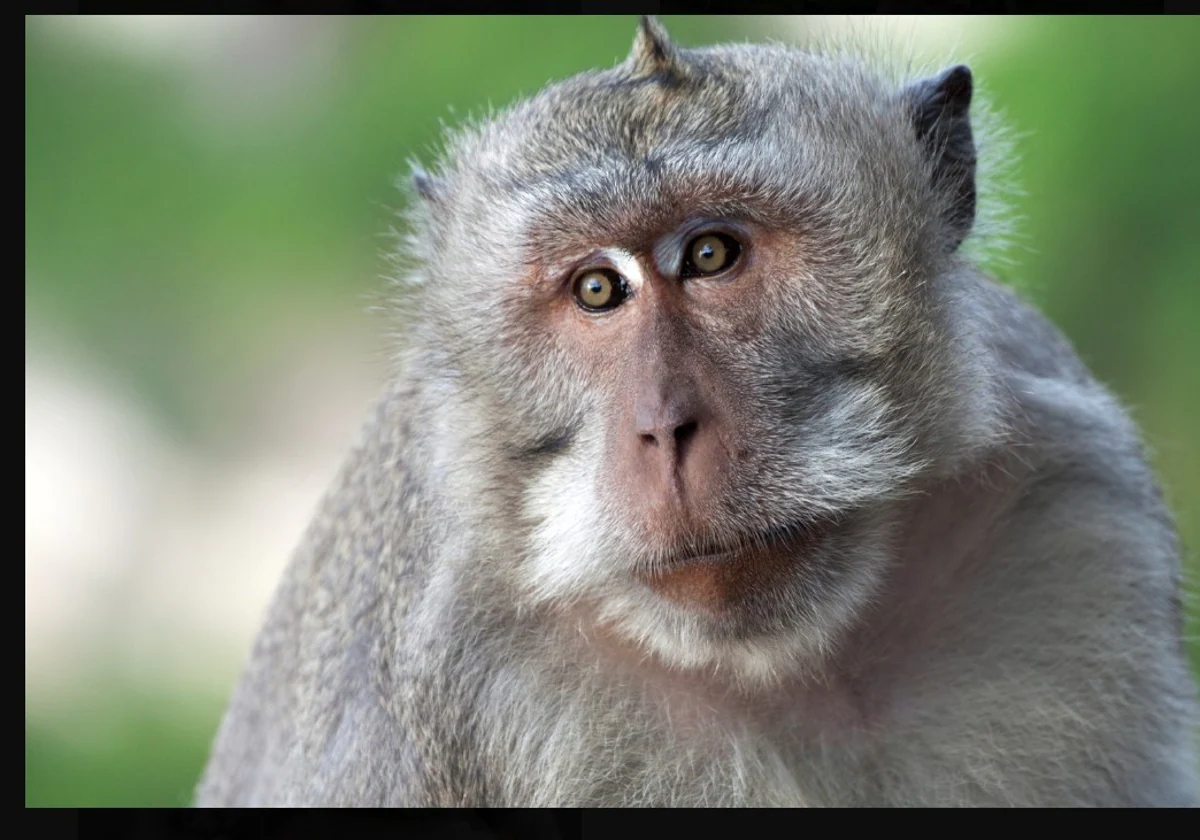43 Monkeys Escape from Disease Research Center
Alpha Genesis in South Carolina has not confirmed if they carry any viruses, while attempts are made to capture them with food. Residents are advised to secure their homes. Authorities assure it is not 'Planet of the Apes'.
Doménico Chiappe
Madrid
Friday, 8 November 2024, 15:10
Monkeys lived in grassy, fenced enclosures with typical zoo bars for their antics. Until, on that Wednesday night, 43 of these monkeys escaped the perimeter of Alpha Genesis, a research center in the United States. The animals ran to nearby forests, where authorities have observed them, while traps are being set from Thursday to return them to captivity.
For the residents of Yemassee, a small town in South Carolina, it is a nuisance while they remain free. Local police have asked them not to interact with or feed the monkeys and to securely close doors and windows, as they might seek refuge in their homes. The company staff, which serves private industry and public entities in their live testing requirements, is trying to lure them back with food.
Although there is no confirmed information on the species of the animals, those that remain captive there are mostly macaques and capuchins. In any case, "small," according to the town's mayor, who spoke to local media like 'The Hampton County Guardian'. He also said there was no comparison to 'Planet of the Apes'. But the silence of Alpha Genesis raises suspicions: what experiment were the monkeys used for? Are they carriers of viruses or diseases? These newspapers ask.
The corporate website states that they use "non-human primates to advance knowledge" that aids "human health." For these purposes, they maintain about 5,000 specimens, originating from Africa, South America, and the Caribbean, such as marmosets and African greens, which are bred there. They clarify that they are "humane." Their early studies, dating back to the 1960s, developed the polio vaccine. Now they also participate in cancer, diabetes, sclerosis, dystrophy, and other disease trials.
This is not the first time an escape has occurred in this faunal Alcatraz. Ten years ago, 26 escaped, and eight years ago, 19, reports 'USA Today'. Apparently, this time a caretaker left their cage open. It is unknown if there was libertarian intent. Perhaps the "behavior" research they conduct is also related to the monkeys' intelligence, compared to that of their captors. If they escape, it is clear who has the higher IQ.





